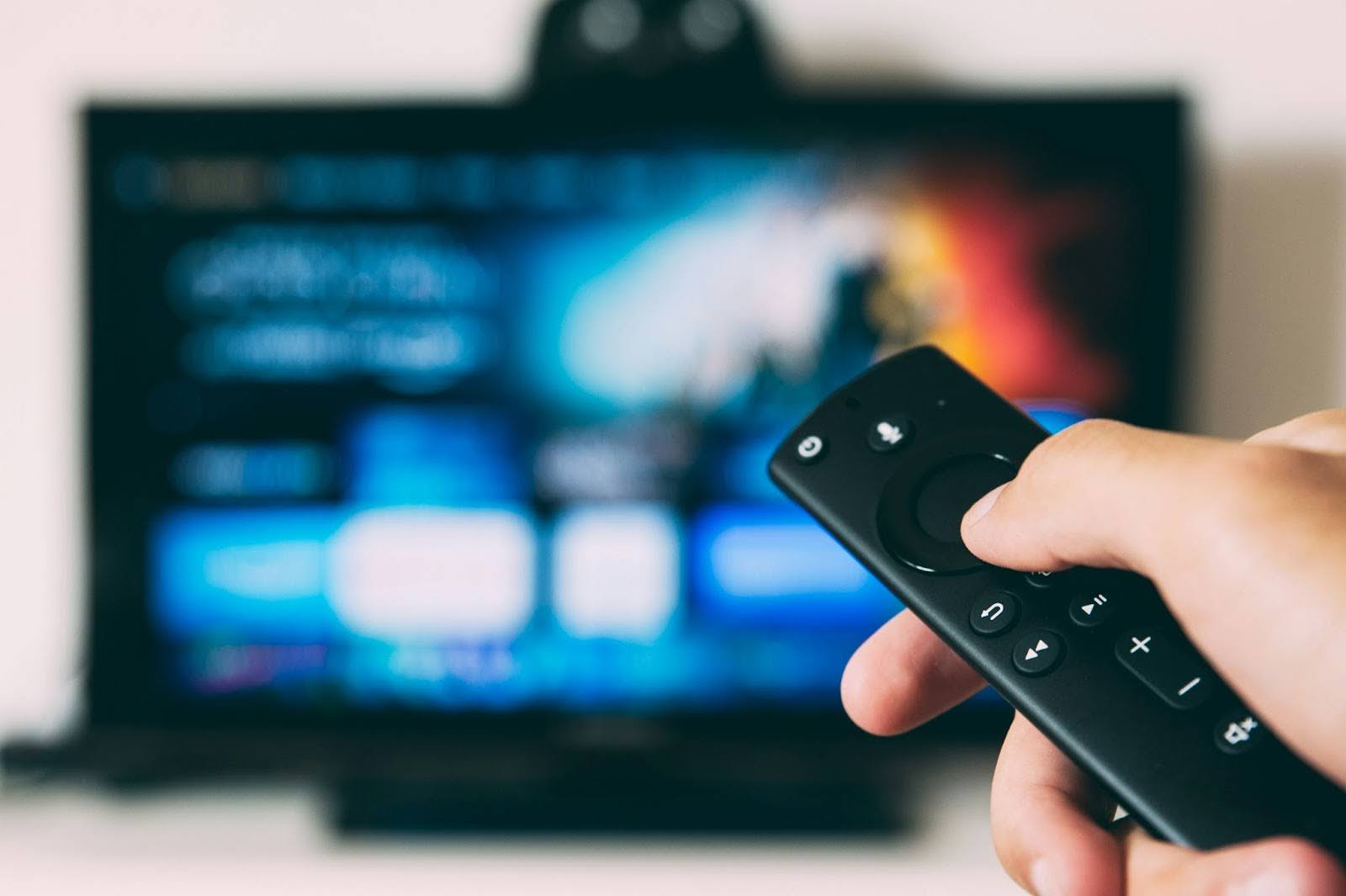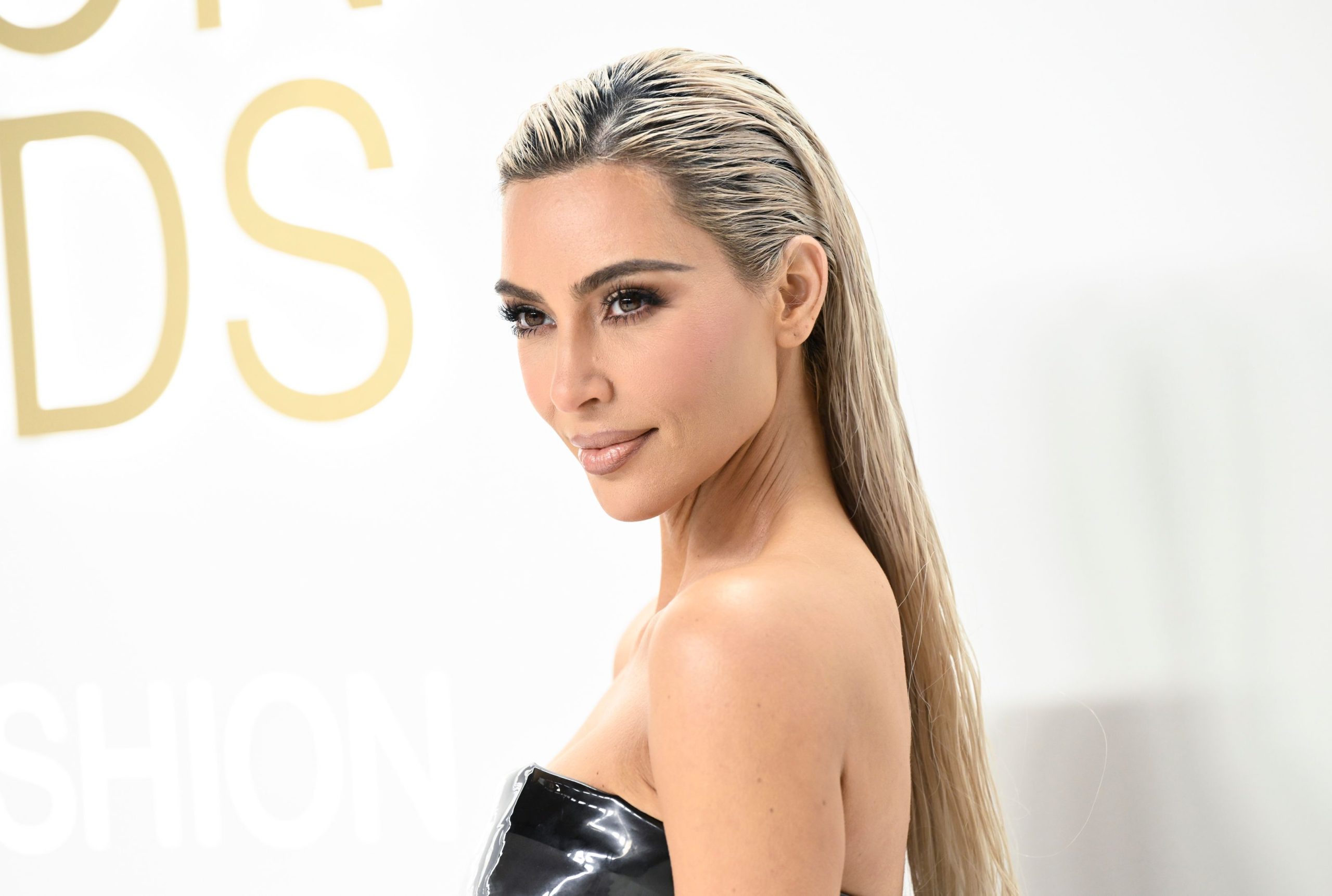
YouTube/HerCampus
When’s the last time you talked to a teen about prostitution?
On Sunday, Teen Vogue tweeted an article titled, “Why Sex Work Is Real Work,” and many clutched their pearls at the audacity of talking to teens about sex work. In April, sex therapist Dr. Tlaleng Mofokeng published an op-ed that argued for the global decriminalization of sex work. Her central argument was that sex workers provide services that help people meet and understand their sexual needs in the same way that her sex counseling does. She wrote, “I do not believe it is right or just that people who exchange sexual services for money are criminalized and I am not for what I do. Is a medical degree really the right measure of who is deserving of dignity, autonomy, safety in the workplace, fair trade, and freedom of employment? No. This should not be so. Those who engage in sex work deserve those things, too.”
Conservative talking heads quickly posted their disdain: “Why is a teen magazine promoting prostitution to their 13-year-old readers?” Others falsely equated sex work with sex trafficking, such as Lila Rose, the founder of the pro-life organization Live Action, who posted, “Thousands of little girls are sexually exploited and trafficked every day by manipulative rapists & pimps and @teenvogue is telling them it’s like getting a job at a smoothie shop. Teen Vogue is a sex trafficker’s best friend.”
One commenter pointed out that Teen Vogue is a part of Condé Nast in order to falsely equate discussing sex work with pedophilia. The user wrote, “Owned by @condenast which is where the Ars Technica guy worked who was just arrested for soliciting kids for sex (and had been posting weird stuff on internal boards according to reports). Seems like Condé Nast needs to answer some questions.”
Of course, Dr. Mofokeng’s article defends nothing other than the safe exchange of sexual services between consenting adults. Her piece aims to demythologize the industry and destigmatize the perception that it’s always devious or perverse. She writes, “So, what exactly is sex work? Not all sex workers engage in penetrative sex, though, undeniably, that is a big part of sex work. Sex-worker services between consenting adults may include companionship, intimacy, nonsexual role-playing, dancing, escorting, and stripping. These roles are often pre-determined, and all parties should be comfortable with them.”
While abusive situations entailing violence, forced prostitution, or sex trafficking do unfortunately occur, it’s been widely noted by experts that decriminalizing sex work is the most proactive step toward reducing rates of exploitation and abuse.
Furthermore, scandalized reactions to teens learning about sex work are out of touch with reality. About 40% of high school teens report being sexually active, making conversations about sexual health and women’s issues crucially relevant in teens’ lives. Yet 30% of teens report that their parents have never broached the topic of sex with them. But silence on the issue, both at home and in the media, is only damaging, as years of data on sex education in the United States have shown that rates of STDs and pregnancy among teens aren’t reduced by abstinence-only sex education. Overall, trying to obscure the fact that people are sexual beings not only leaves teenagers uninformed as they explore their own sexuality, but silence also fosters stigmas associated with sex, including sex work.
Amy Lang, a sex education expert, says, “Sexuality is something that most people try to pretend is not an inherent part of being human.” She surmises, “As a culture and even as individuals, we don’t want to embrace the fact that we’re sexual creatures.” As a result, teenagers are left adrift when they begin expressing their own sexuality. “They come into their sexual relationships thinking they already know how to do it. What’s missing is that they don’t have a fundamental understanding of sexuality—the social, cultural, emotional, inherent aspect of being human,” Lang adds.
As a publication targeted at teen girls, Teen Vogue has evolved in its mission from giving fashion and beauty tips to speaking to its target demographic more realistically about what it is to discover one’s identity. The publication even describes itself on Twitter as “the young person’s guide to conquering (and saving) the world.” In 2017, former Teen Vogue editor Elaine Welteroth described a “watershed movement” after Trump’s election. The publication became more political because the fact is that teenage girls are political, and they deserve to be informed about politics and invited into political spaces. “We have to give her [the reader] more,” states digital director Phillip Picardi. “I thought it was really important to talk about reproductive rights, gender. To dig into politics and the news cycle. Basically, by omission, we were kind of assuming that she’s not interested.”
A healthy portion of Twitter users agree, writing, “People have issues with Teen Vogue writing about this topic? Wait until they find out that Most teens have the internet.” Others highlighted the educational articles about queer sexual health the publication has posted during Pride Month: “Congratulations, Teen Vogue is doing a better job at teaching sex ed than your schools.”
Ultimately, keeping teens uninformed about sex only makes them vulnerable to high risk sexual behaviors. In the same way, criminalizing sex work between consenting adults only raises the risk of exploitation and abuse. Teen Vogue just pointed out that, in 2019, teenage girls can be interested in both fashion trends and political issues that will affect their future.
- Teen Vogue’s curious message to girls about sex work ›
- Teen Vogue Is Now Promoting Prostitution to Its Young Female … ›
- Teen Vogue Glamorizes Prostitution In “Sex Work Is Work” Article … ›
- Teen Vogue op-ed — ‘Why sex work is real work’ — defends … ›
- No, Teen Vogue, ‘Sex Work’ is NOT Real Work – Nordic Model Now! ›
- Teen Vogue pushes prostitution as legit profession, like a medical … ›
- Teen Vogue glamorizes sex work, angers survivors and advocates ›












